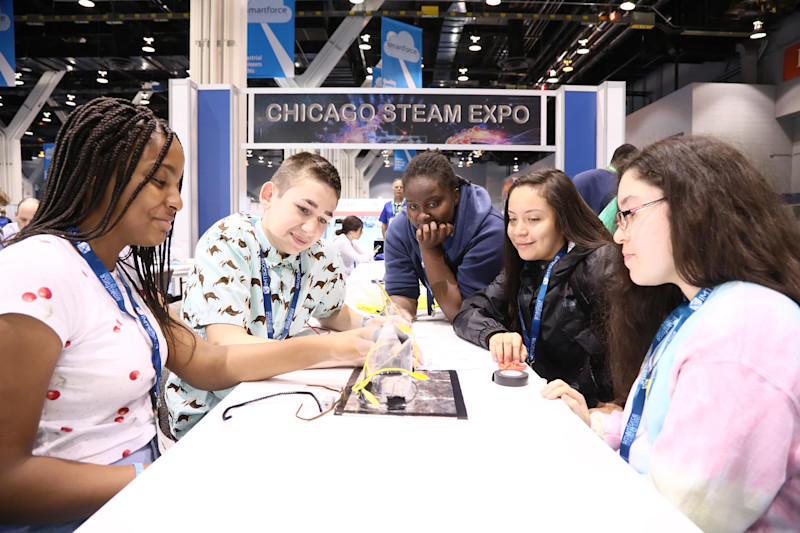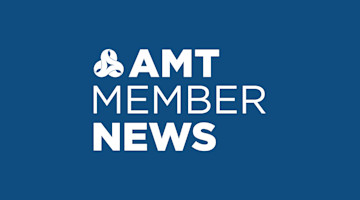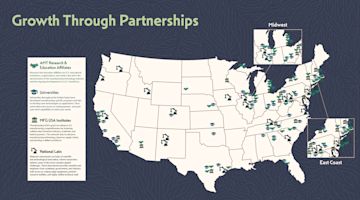Over the years, you’ve seen us outline in this column the importance of supporting industry-recognized standards and credentials as one solution to the skills gap that we face in the advanced manufacturing industry. In most other industries, standards and credentials are established and evolve over time as innovations and technologies change, allowing employers to seek and recruit individuals who can demonstrate their knowledge, skills, and abilities by having earned an industry-recognized credential.
The National Institute for Metalworking Skills (NIMS) celebrated its 25th anniversary in 2020. NIMS has been supported by AMT, NTMA, PMA, PMPA, and TMA since its inception. A few years ago, NIMS embarked on a five-year strategic plan for expanding beyond its traditional CNC machining standards, and in 2020, NIMS introduced a new, “smart,” and more time-sensitive methodology to developing standards and credentials while also improving quality and adding credentials in additional duty areas and job titles: the NIMS Smart Standards.
The Smart Standards and credentials were developed in 5-Axis CNC Machining, Dimensional Measurement, Industrial Technology Maintenance, and Industry 4.0, including I4.0 Smart Production Specialist, I4.0 Smart Maintenance Specialist, I4.0 Smart Process Specialist, and I4.0 Smart Systems Integration Specialist.
The development of all these new standards and credentials occurred thanks to volunteers – some from AMT member companies and some from industry – supporting NIMS on technical work groups to define duty area, job titles, and performance measures. Funding support for the Dimensional Measurement standards came from Boeing and the Oregon Manufacturing Innovation Center (OMIC). The Industry 4.0 standards were developed with funding support from Festo.
Smart Standards are designed to be easy to interpret; allow for a shift to true competency-based education; be easy for schools or employers to customize to their own projects while maintaining integrity to the standards; enable the addition of new duty areas to keep pace with emerging technologies; and be organized into short-term tracks to make them stackable for the individual as they advance along their career pathway.
Because technologies are changing rapidly in our industry, and transformational technologies like additive manufacturing, artificial intelligence and machine learning, augmented reality, automation and robotics, digital twin, and generative design are becoming more prevalent in, the development of Smart Standards and credentials are a game changer for individuals and employers alike. Standards help define for the education space what programs they should support and build.
In 2021, expect to see NIMS Smart Standards developed in additive manufacturing with funding support from America Makes. Going forward, the development of Smart Standards and credentials in cybersecurity in manufacturing will be widely needed by companies of all sizes. In the cybersecurity job function alone, the skills gap is equal to the gap we’re experiencing in manufacturing today – about 500,000 open positions, and of course, some of those open positions are in the manufacturing industry. More recently, the data suggests that we could have a gap of 3.5 million in cybersecurity.
What does your recruiting pipeline look like? What knowledge, skills, and abilities are you looking for in your new hires, and what’s on your near-term hiring radar? The AMT Smartforce Development team will be working diligently in the education space and with manufacturing companies to stay in front of and to define new, emerging job functions and establish best practices to build programs to stay ahead of these gaps.







